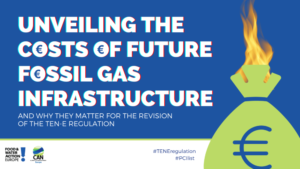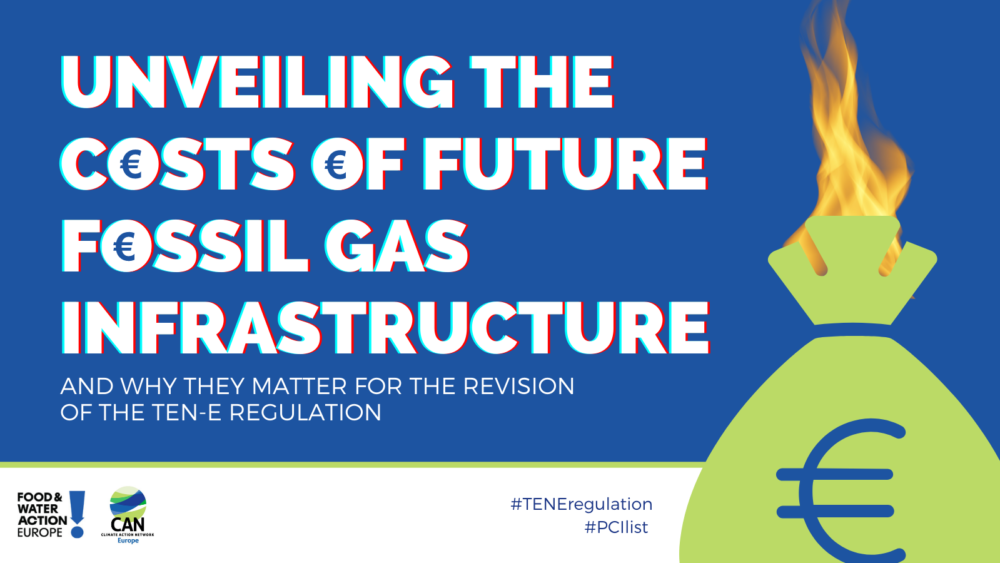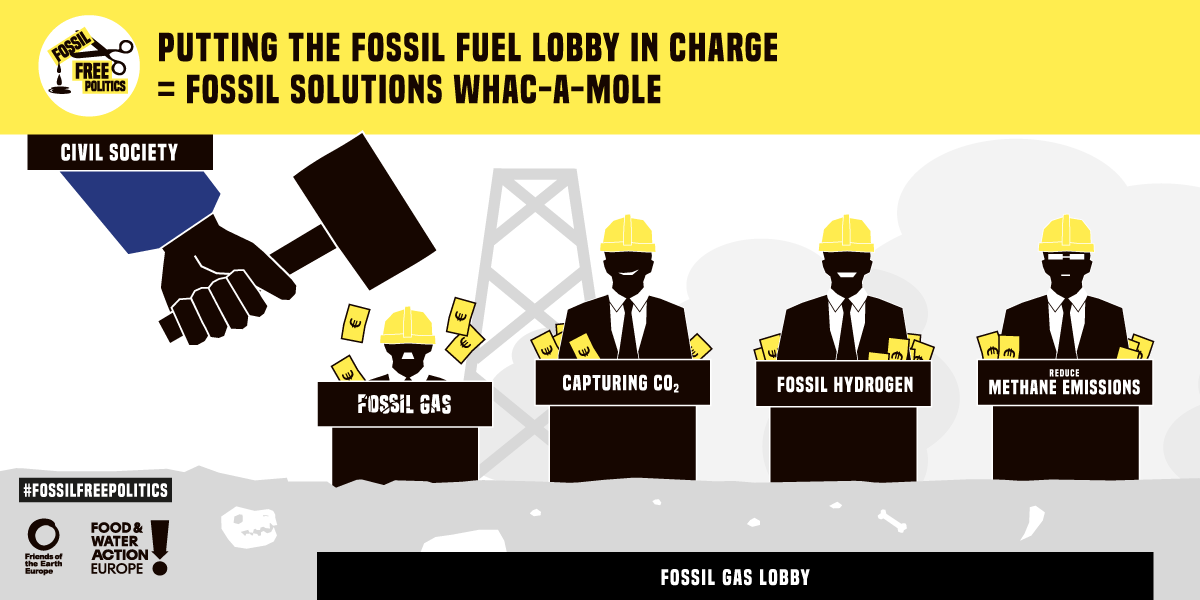READ THE MANIFESTO (FULL VERSION HERE | SUMMARY VERSION HERE) AND SIGN NOW!
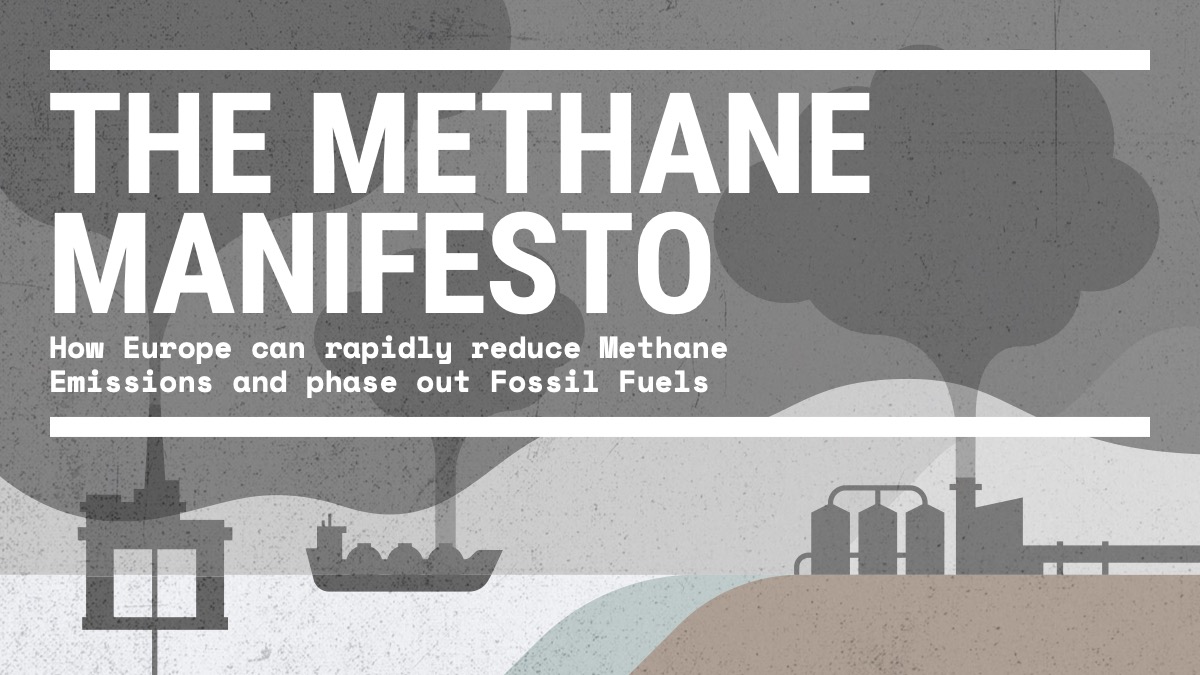
Russia’s invasion of Ukraine is having a dramatic impact on the lives of millions, exacerbating the energy price crisis and the energy precarity problem for households across Europe.
However, Europe’s attempts to help end the war by weaning itself off Russian energy imports must not contradict the necessary and urgent need to transition away from climate-wrecking fossil fuels. In this context, the European Commission’s REPowerEU plan fails to effectively break with dirty energy sources of the past and risks overlooking the powerful role that methane emissions play in exacerbating climate change.
Fossil fuel emissions are responsible for global warming, and methane along with carbon dioxide (CO2) and other greenhouse gases (GHGs) are cooking our planet, and our home, to above melting point.
Methane, in particular, has a Global Warming Potential (GWP) that is 84-86 times greater than carbon dioxide over a 20-year period. It is the main component of fossil gas and its concentration in the atmosphere is nearly three times greater than pre-industrial levels. In 2021 alone, energy-related methane emissions rose globally by nearly 5% and it is totally our fault!
To keep global heating below 1.5°C, in line with the Paris Agreement, slashing methane emissions in the short-term is vital but is not enough. Addressing methane emissions does not make fossil gas and oil clean, and it must not divert from a long-term target that phases out fossil fuels altogether.
This is why we call on decision-makers to drastically improve the European Commission’s Methane Regulation proposal in order to deliver a fossil free European Union by 2035 at the latest. The Regulation must include a reference to the implementation of clear and concrete plans to phase-out fossil fuels, as expressly asked by the European Parliament in its INI Report on the EU Methane Strategy. The plans must take into account national circumstances, raising ambition where possible and be transposed into national climate strategies as well as explicitly recalled in other legislative proposals to deliver a methane emissions reduction at the root source.
The Methane Manifesto is now open for signatures by individuals, civil society organizations, national and European decision-makers, scientists and academics(check the button below). Show us your support and help us spread the word!
| Sign the Manifesto |



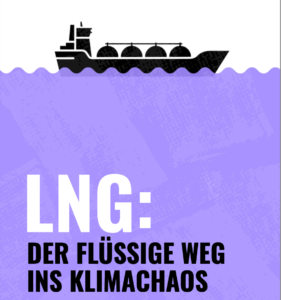
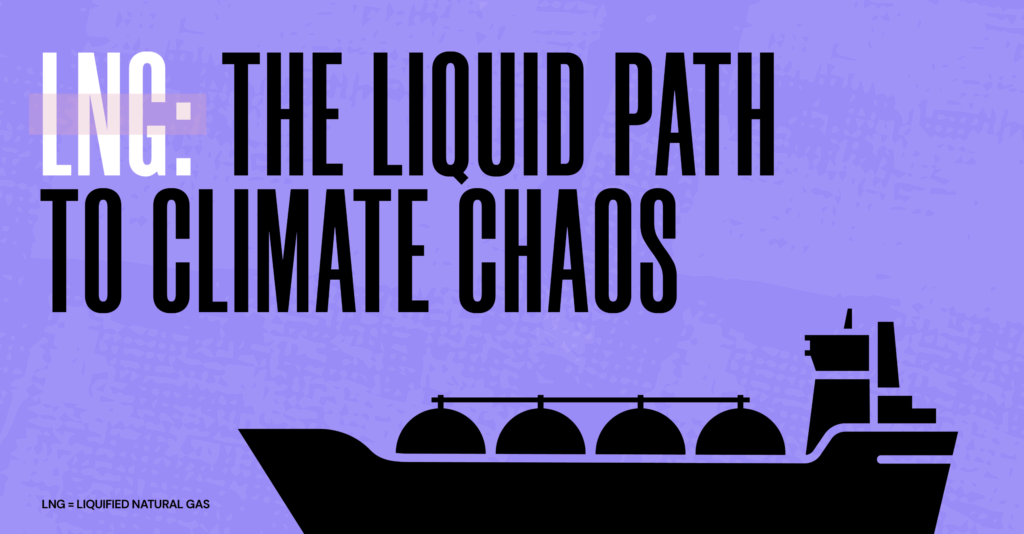
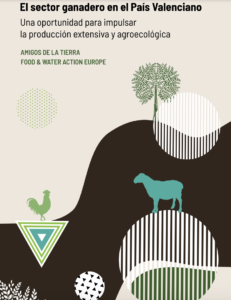 El Estado español ha vivido en los últimos años una auténtica burbuja del sector porcino y, en menor medida, del sector aviar, también de producción intensiva. Se trata de un modelo de ganadería industrial integrado verticalmente, controlado por cada vez menos empresas y donde ganaderas y ganaderos ocupan un papel cada vez más marginal.
El Estado español ha vivido en los últimos años una auténtica burbuja del sector porcino y, en menor medida, del sector aviar, también de producción intensiva. Se trata de un modelo de ganadería industrial integrado verticalmente, controlado por cada vez menos empresas y donde ganaderas y ganaderos ocupan un papel cada vez más marginal.